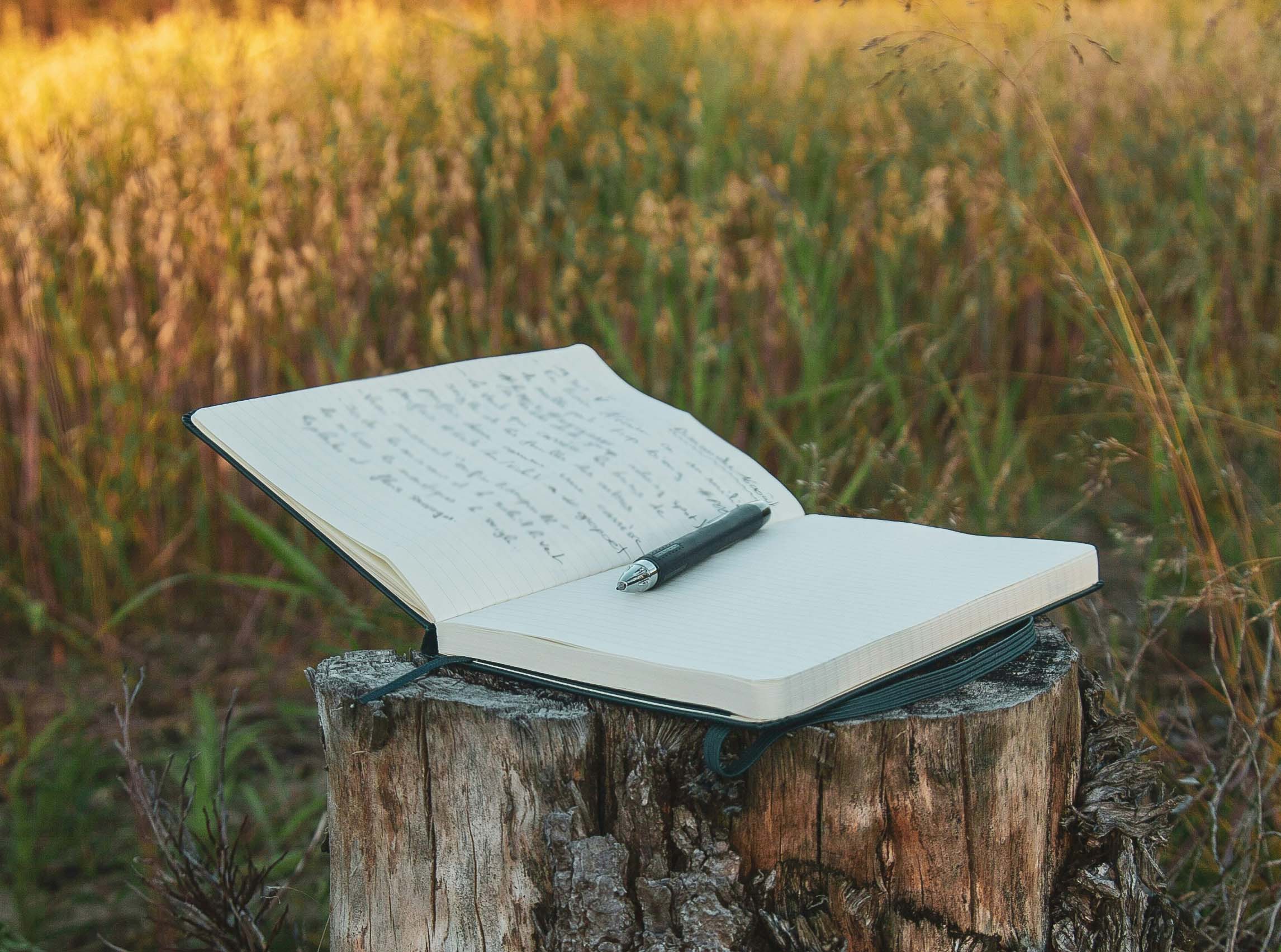The American poet Adrienne Rich once asked: “To say that a poet is responsive, responsible – what can that mean?” This question about poets bearing witness and being the “conscience” of their society is something I’ve pondered over the years.
My own political awakening was something of a slow burner. As a fledgling poet from a middle-class background, growing up in Carrick-on-Shannon in the Irish county of Leitrim in the 1980s, I watched the news each night in shock as another bomb exploded not far away across the Northern Ireland border.
Poetry by Wordsworth, Yeats and the only woman poet on our school curriculum, Emily Dickinson, became my sustenance. In my teens, I was deeply affected by the plight of Ann Lovett. In 1984, her death in childbirth, in front of the Virgin Mary statue in Granard, Co. Longford, stoked my incipient feminism and indignation at the way unmarried mothers were treated by church and society.
During my final year in secondary school, however, as I prepared to sit my Leaving Certificate, new hope glimmered on the horizon in the form of Ireland’s first female president. At her inauguration in 1990, Mary Robinson referenced the poetry of Eavan Boland.
Finally, I was discovering new voices like Boland, Eithne Strong and, in time, Paula Meehan, who were all questioning the status quo and articulating the female experience.
When my first collection of poetry, No Vague Utopia, was published in 2003, it was still driven more by sonic and lyrical elements than by my social conscience. The habits of a smiling Irish female, conforming to societal expectations and diffident in the face of the mostly male Irish canon, were hard to break.
Gradually, with more life experience, I gained perspective and poetic nerve.
While it’s true to say that I didn’t always think of myself as a political poet, I am more aware than ever of my own level of responsiveness and responsibility to the urgent issues of my time. I recognise that poetry can indeed be “the lifeblood of rebellion, revolution, and the raising of consciousness”, as the author Alice Walker once stated.
Poetry has played a crucial part in the peace movement, the civil rights movement, the women’s movement, the gay liberation campaign and the struggle against apartheid in South Africa.
In a world teeming with injustice, it is more urgent than ever to read (and write) poetry that engages with social realities and inequities. Poetry, as Audre Lorde memorably stated, “is a vital necessity of our existence. It forms the quality of light within which we can predicate our hopes and dreams toward survival and change”.
In our social media-driven era, where it often feels as if nuance is in jeopardy, it is timely to think about how poetry can embrace the political while not succumbing to the lure of rhetoric.
During the Arab Spring in 2010, Abu Al-Qasim Al-Shabi’s poem The Will to Life captured the emotions of Tunisian protesters in their struggle for democracy and change.
In Afghanistan, women are harnessing the power of the landay (a two-line form of poetry) as a vital lifeline in resistance against the Taliban, who can be threatened by the simple act of composing and sharing couplets.
The poignant concision of the following landay is especially striking:
When sisters sit together, they always praise their brothers.
When brothers sit together, they sell their sisters to others.
Last December, the tragically prophetic poem of Palestinian professor Refaat Alareer, who was subsequently targeted and killed by an Israeli bomb, called us to bear witness, as global citizens, and speak out about the horrors in Gaza:
If I must die,
you must live
to tell my story.
If we want to infuse our poems with a greater robustness, to take a stronger stance, how can we gain confidence to tackle these issues with authority? What are the skills writers need to enable them to speak out, while avoiding the didactic and over-simplistic meaning?
Successful poems evoke empathy in the reader and expand horizons of possibility. They make us feel, rather than preach at us. They remind us of our common humanity and our interconnectedness to the world. To quote American poet Joy Harjo: Remember the plants, trees, animal life who all have their tribes, their families, their histories, too. Talk to them, listen to them. They are alive poems.
is Assistant Professor of Creative Writing and Meskell Poet in Residence, University of Limerick. This article is republished from The Conversation under a Creative Commons licence







Click here to change your cookie preferences